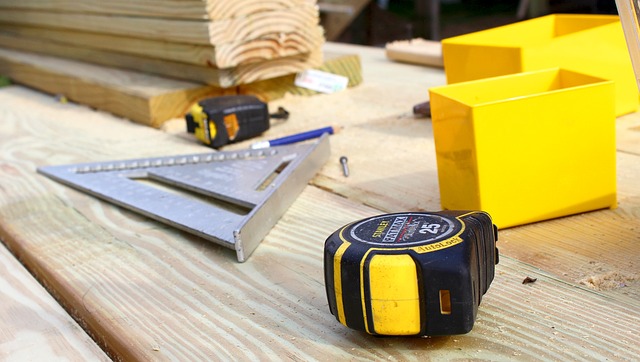I’m sure you have seen it in the movies a dozen times. There are several friends and family members gathered around the table with a Ouija board and they are listening closely for a voice from the other side. Most people do not know how to properly use a Ouija board and this can cause problems. It is vital to find a Charlotte psychic who is experienced, otherwise It can summon up evil spirits that do not have your best intentions in mind.
The Ouija board was first created in the mid 1800’s even though many people like to claim that it is thousands of years old. That just isn’t the case. It started out as a simple toy that was created by a company called Kennard Novelty. However, most of us are familiar with the second toy company who bought the original Ouija board by the name of the Parker Brothers.
The name Ouija is a combination of French and German meaning Yes. When using the Ouija board you will want to make sure the mood is set right. This is most commonly done by dimming the lights or turning them off completely and using only a candle as your light source. Personally, the candle is my preferred method.
Many times a person is trying to contact a specific spirit from the other side. Therefore, placing items that are known to be specific to them can help conjure the spirit up faster. It is important to be polite and respect the spirits you are trying to summon.
Warm the board up by asking it simple questions. You can then move on to the more difficult questions after you have made a good connection. Sometimes the board will answer your questions in rude and inappropriate ways. Remember you are the one who is in control and in those times you can slide the rule to Goodbye to end the game.
After you have completed the game be sure to end the game with Goodbye otherwise it can be disrespectful to the spirits. A Ouija experience can make for quite an eventful evening and liven up a party. Just remember to treat the spiritual realm with care and respect and all will go well.



